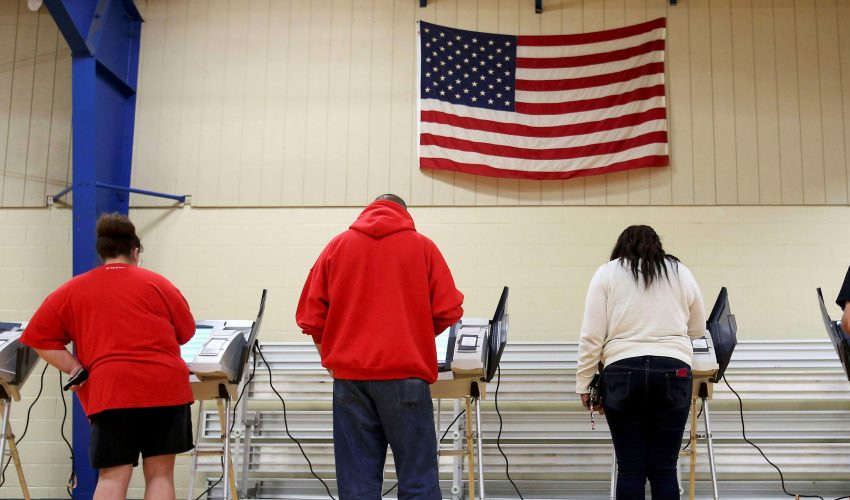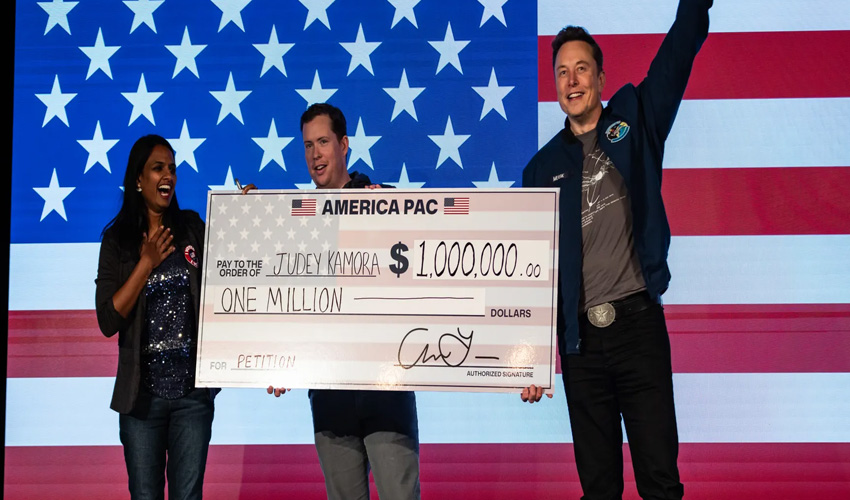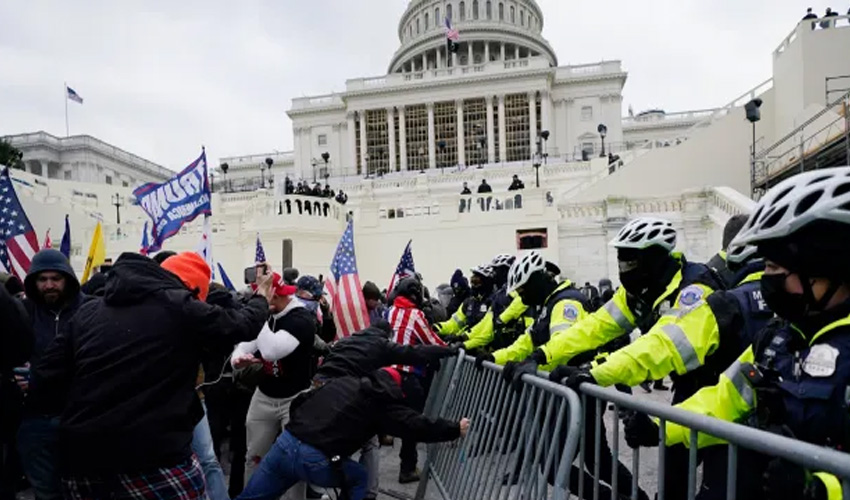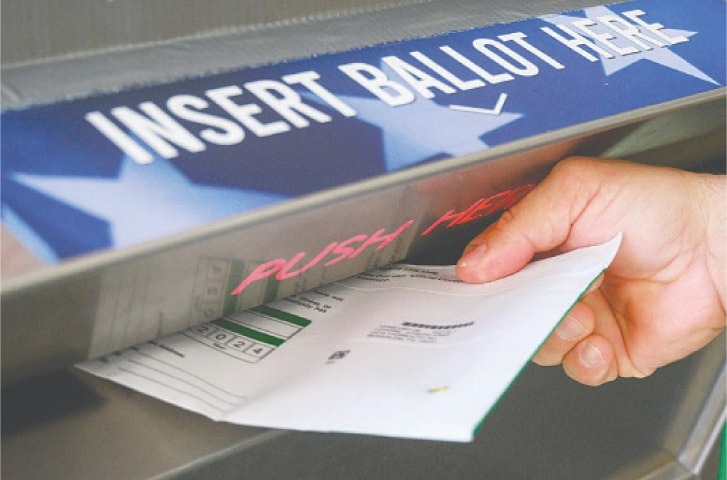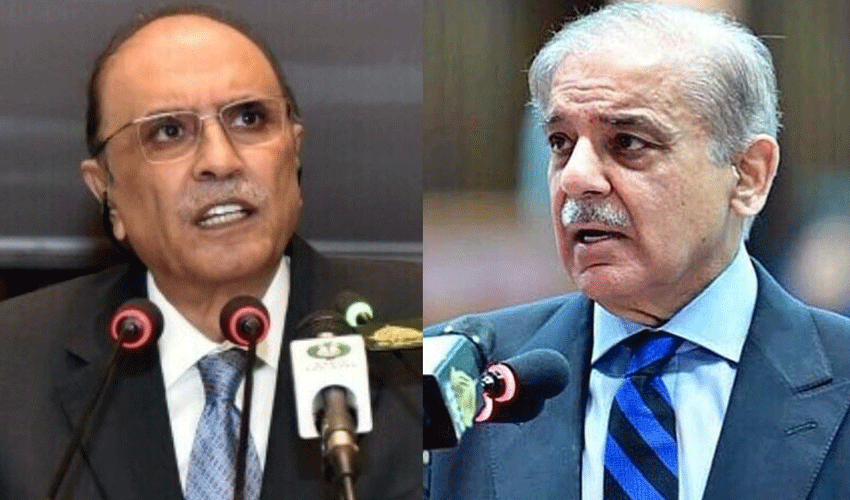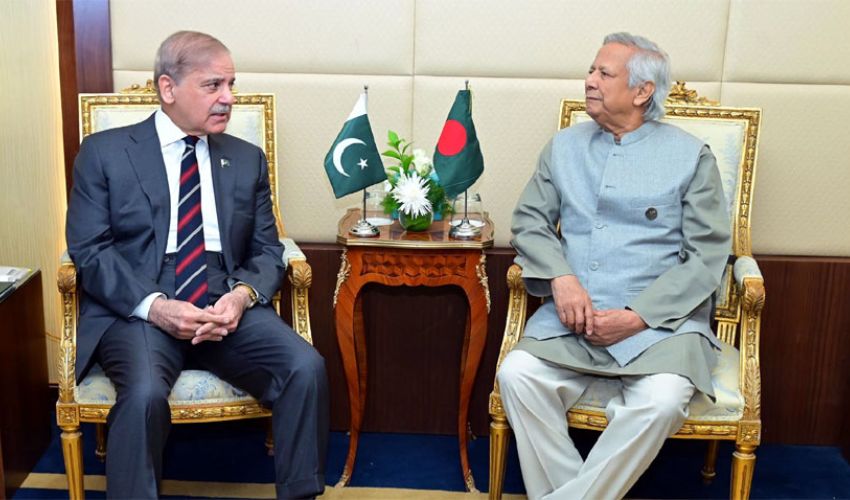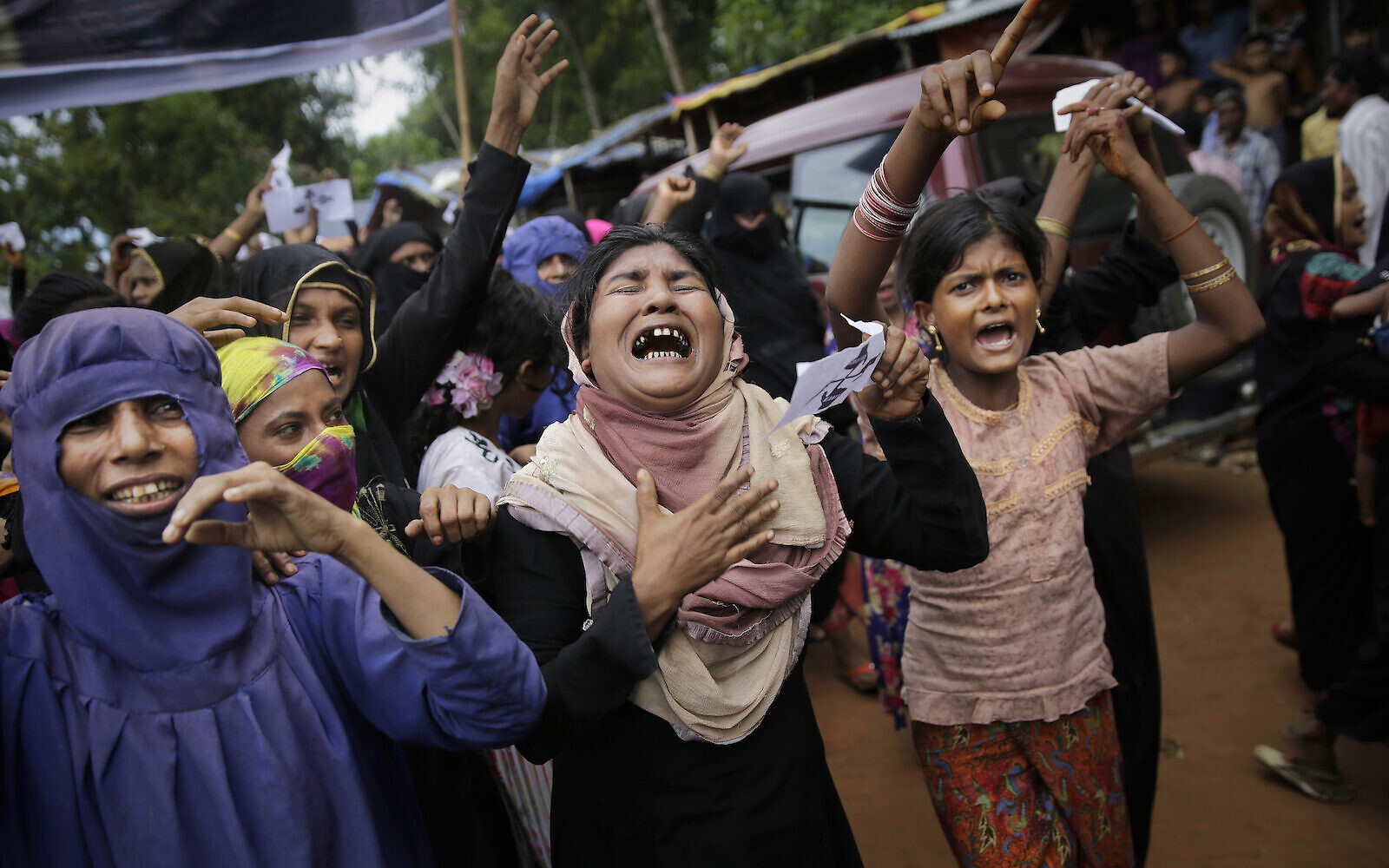An overwhelming 70% of American voters say that the prospect of the presidential campaign ahead leaves them anxious or frustrated, according to a recent survey conducted by The AP-NORC Center for Public Affairs Research.
A paltry 36% say they're excited about it. The anxiety reflects growing uncertainty for voters who feel that making choices at the ballot brings more and greater consequences for themselves, their families, and communities.
Polling data really paints the emotional landscape as the nation approaches Election Day. Vice President Kamala Harris against former President Donald Trump represents the highly competitive race of a presidential election that does not generate enthusiasm at any level, as voters feel overwhelmed by a sense of apprehension more than enthusiasm about either of the candidates.
There is high contrast between the closing arguments of the candidates, and the atmosphere becomes even tenser. Harris labels Trump as "obsessed with revenge," giving the impression that his reason for acting is personal malice rather than public purpose. In contrast, Trump labels Harris as "a trainwreck who has destroyed everything in her path," framing her leadership as a detriment to the country. Such charged narratives only serve to heighten anxiety among voters-all of whom are caught in a maelstrom of conflicting messages.
Increasing anxiety among partisans
According to the poll, partisans are now increasingly anxious than in the preceding election cycle. Around 80% of Democrats expressed their anxiety over the elections, a higher figure than reported during the 2020 election cycle, which recorded about 75%. This anxiety was also expressed on the side of Republicans who reached a high two-thirds; this is an extremely high increase from the number that reported during the last presidential election, which was around 60%. The anxiety, therefore, presents the trend of growing discontent with American politics.
Independents, on the other hand, paint a different picture. Within this group, their levels of anxiety remain relatively the same since close to half indicated being nervous. This steady response means independent voters might be outliers from their partisan cousins over whether they are equally likely to feel highly anxious approaching election time.
The hope variable
If one takes all the positive feelings toward being frustrated and anxious levels indicate a good amount of discontent about everything under the sun involving government and a great deal of anxiety, there is some brighter news in the numbers:. A new poll shows that one in three Americans report feeling energized about the 2024 campaign, a far higher number than the 25% who felt that way during the 2016 race. That means, as people grow frustrated, part of the electorate is prepared to seize change and exercise its democratic rights. However, the majority still report little enthusiasm, highlighting the divergence between voter sentiment and political climate.
Frustration: A common theme
Perhaps the most telling finding of the survey is the persistence of frustration among the American people. About 70% of the respondents describe their emotional condition as frustrated, similar to the feelings expressed during the 2020 election. This consistent level of frustration points to a deeper dissatisfaction with the political system, thus indicating that voters are also dissatisfied with the candidates and the electoral process as a whole.
As Election Day draws near, many Americans can take heart in knowing the campaign is almost over. The prevalent anxiety and frustration may rally the populace into seeking those candidates who would truly make a difference and resonate with their values and aspirations. Though the present electoral atmosphere is one of uncertainty, it is also an opportunity for reflection and renewal.
In conclusion, the emotions surrounding the presidential election of 2024 state a complex dance of anxiety and frustration mixed with a hint of anticipation. The burden of choosing for the country is very heavy on the voters' shoulders, and that arduous path may not be obstacle-free, but full of opportunity for a brighter, more united American electorate.





